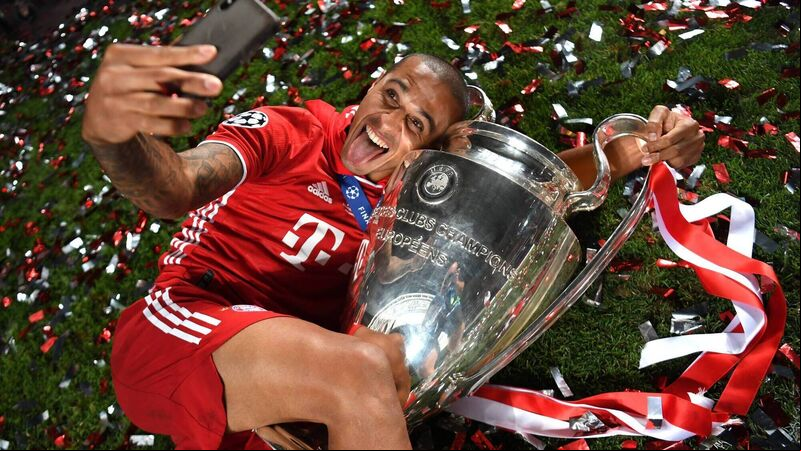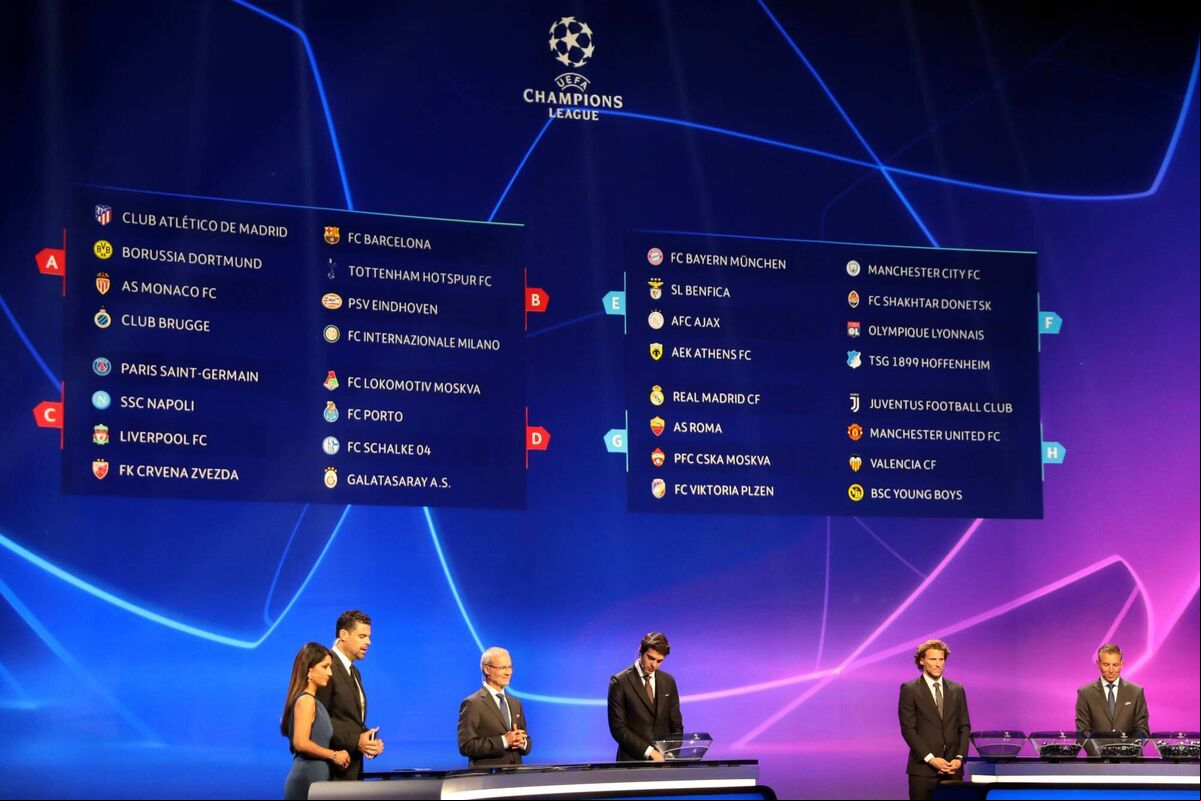Champions League: A new look or closed shop?

Then Bayern Munich, now Liverpool's Thiago Alcantara takes a selfie after Byern edged out PSG in the 2020 Champions League final.
THE post-Christmas congestion of Premier League and FA Cup fixtures will soon be added to with the return of Champions League and Europa League games.
The unsatisfying group games followed by the knockout rounds of European football have been a bugbear for many of the elite clubs of Europe and England for years, as they result in an abundance of mediocre, unprofitable fixtures without any marquee games until well into the knockout stages.
The apathetic nature of the preliminary rounds of the group stages, along with the fixture pressure impact on the domestic leagues, has seen some Premier League and European elite clubs to consider abandoning UEFA's competitions altogether in favour of a breakaway European SuperLeague.
Faced with the prospect of their favourite cash-cow competition going bye-bye, the European governing body of the sport outlined proposals to alter the format of the Champions League from 2024 in a meeting of its 55 national association on Tuesday.
The current format has 32 teams drawn into eight groups of four, with the top two from each qualifying for the knockout stages. The Swiss model would see an increase in the number of clubs taking part in the competition grow from 32 to 36 with each team guaranteed at least 10 games against different opponents and the current group stages replaced by a single league with more 'top-seed' sides playing against each other before the knockout round sees the top-ranked qualified sides play the bottom-ranked qualifiers to make the quarter-finals and so on.
The advantages of the Swiss Model is that there will be more matches among Europe's elite, which solves the hunger for more marquee and lucrative games among the club powerbrokers. Ten fixtures, without the repetition of home and away ties, will also lead to a greater variety of matchups than the current geographic and seeding restrictions allow. This could conceivably mean that the competition would remain competitive for longer with automatic qualification and play-off spots to the last 16 still up for grabs right to the end, unlike the current group stages setup that can often see a team virtually secure a knockout spot with just three early wins in the group stages.

The big advantage comes for the elite clubs and bigger league though through the format's new qualification process. It is understood an extra club from will get an automatic qualification spot while the three added qualifying spots will be based on their UEFA co-efficient through their past performances rather than their placement in their domestic league, meaning European heavyweights could still qualify even if they missed out on normal qualification by finishing in the top four of their league.
This could mean sides like Liverpool or Man United could qualify despite finishing outside the top-four of the Premier League based on nothing else than the historic excellence of their co-efficient.
The downside of such a format is that it effectively creates a closed shop league for elite clubs. UEFA's proposals could mean as many as six teams qualifying from a single league, such as the Premier League based on nothing more than what they achieved a decade ago.
The boost from co-efficient qualification would, in turn, make it almost impossible for smaller leagues, in smaller countries, to find a route to full qualification to the Champions League proper.
As it is, it is almost impossible to envisage an Irish side (even Dundalk) make the Champions League proper as the available spots are scooped up by traditional behemoths. The Swiss Model almost guarantees that that situation will not be rectified.
Even medium-sized leagues like Scotland's with Celtic's long history in the competition may now struggle to make the qualification grade.

The extra matches, up to four more than what already exists, would also be a major headache for domestic leagues and player organisations. It would almost certainly see the end of domestic league cup competitions like the Carabao Cup in England.
Should the clubs accept the UEFA proposal or go their own way down the SuperLeague route, little consideration seems to have been made on making it easier or more affordable for fans to follow their clubs through this new era of European football.







 App?
App?







